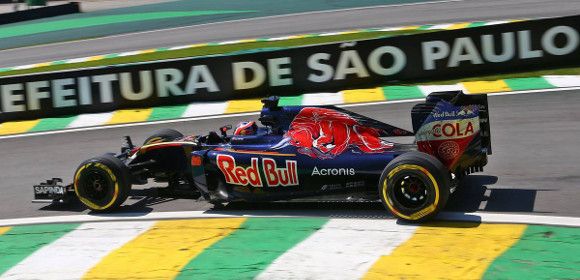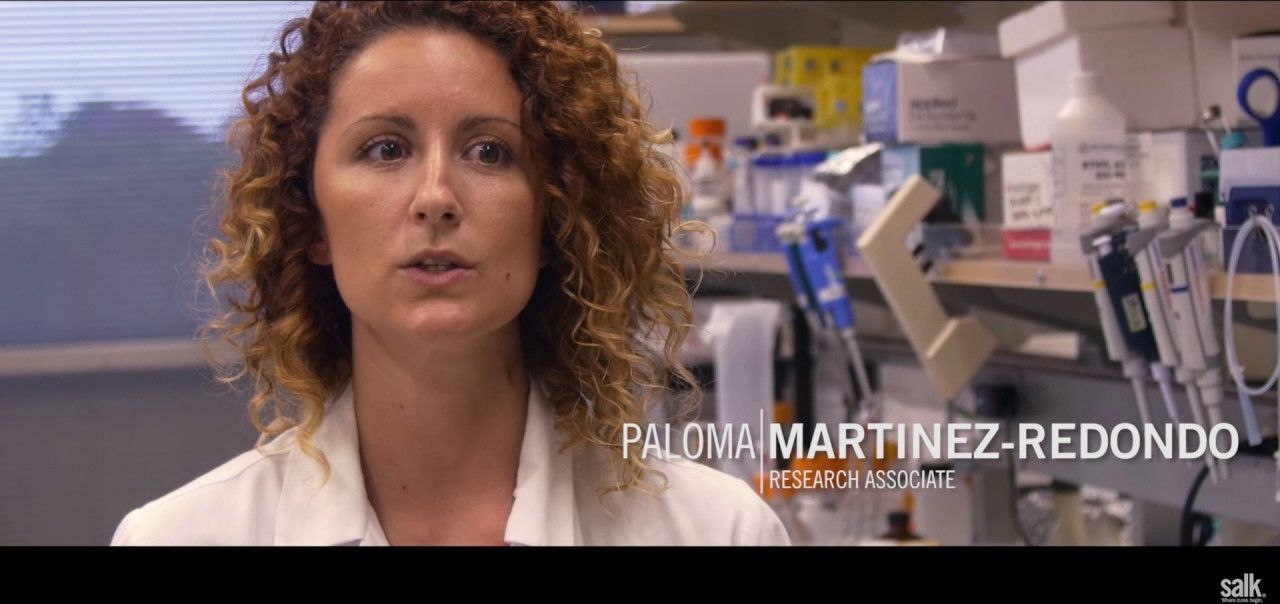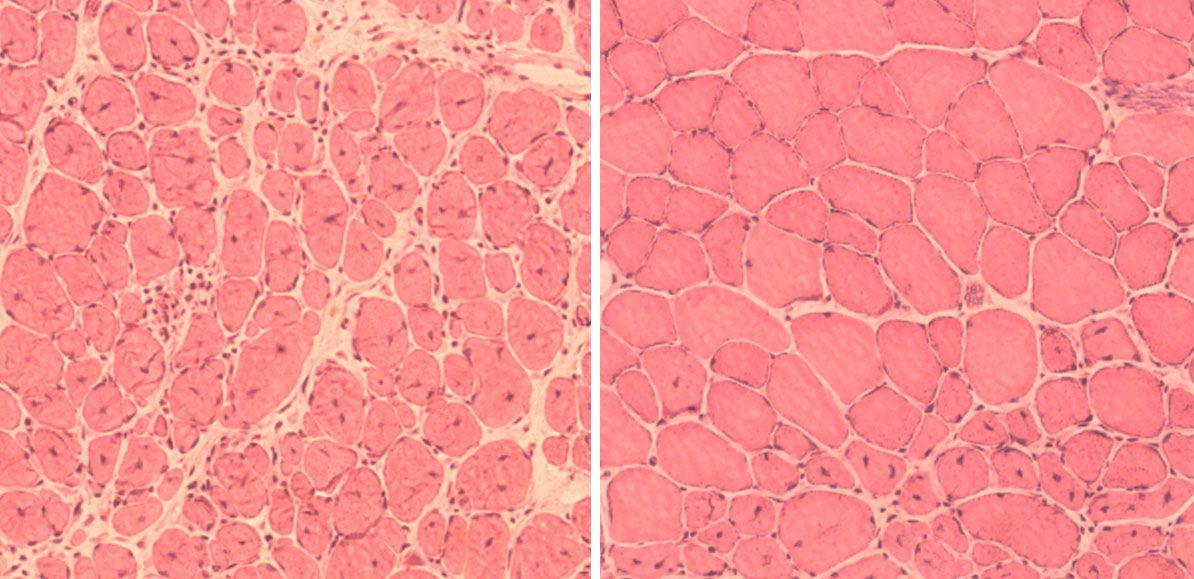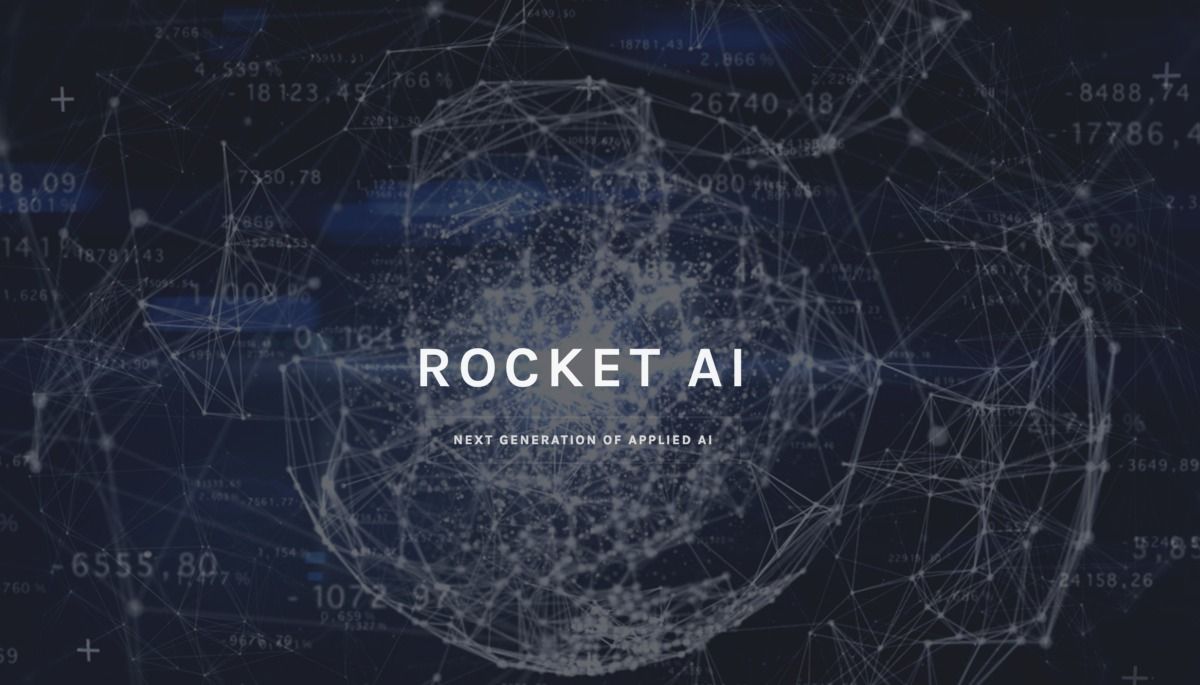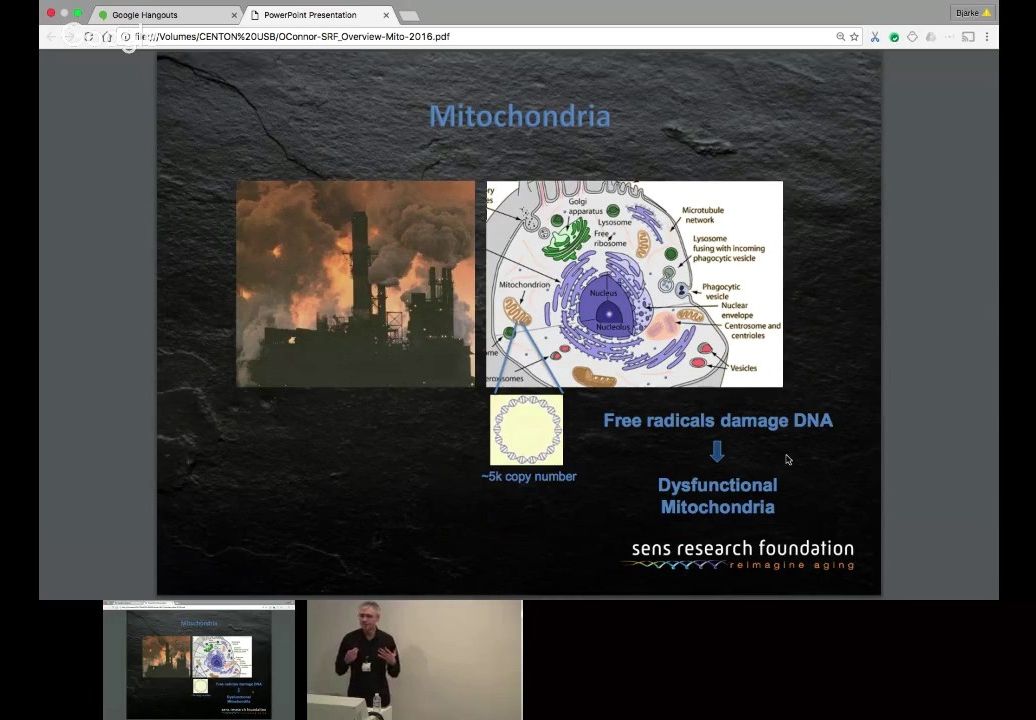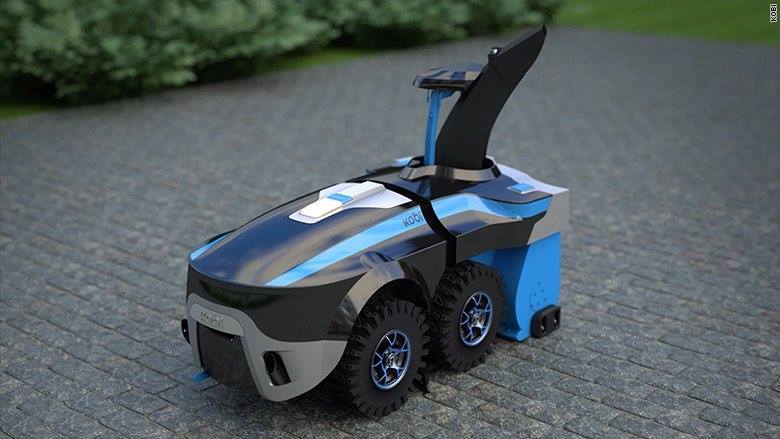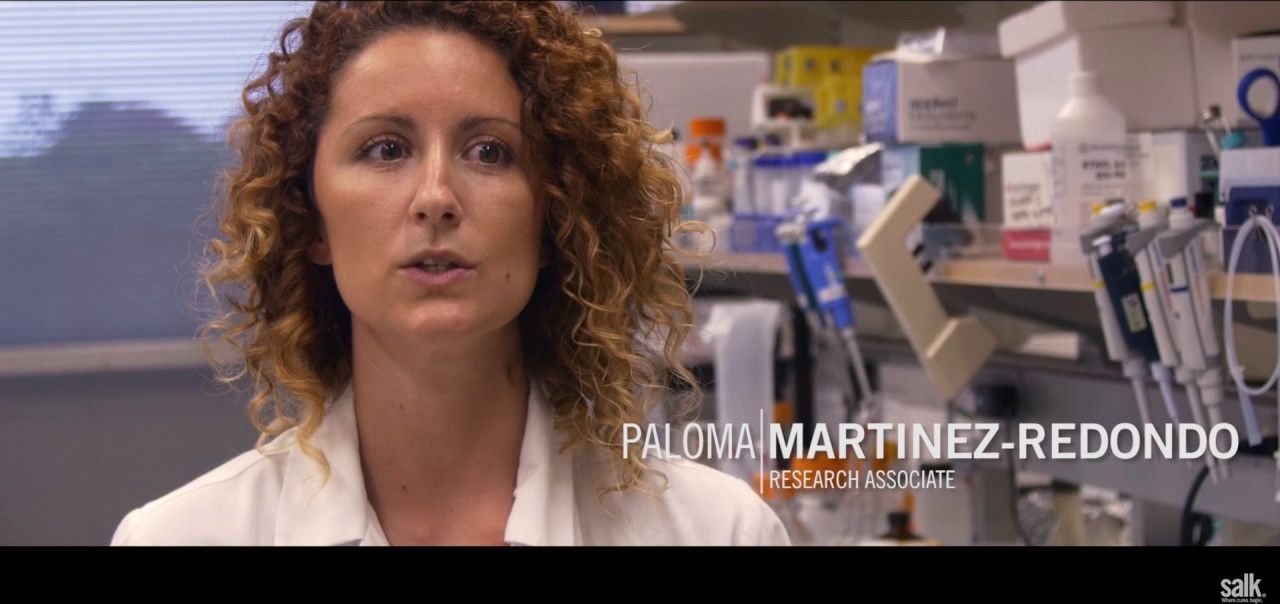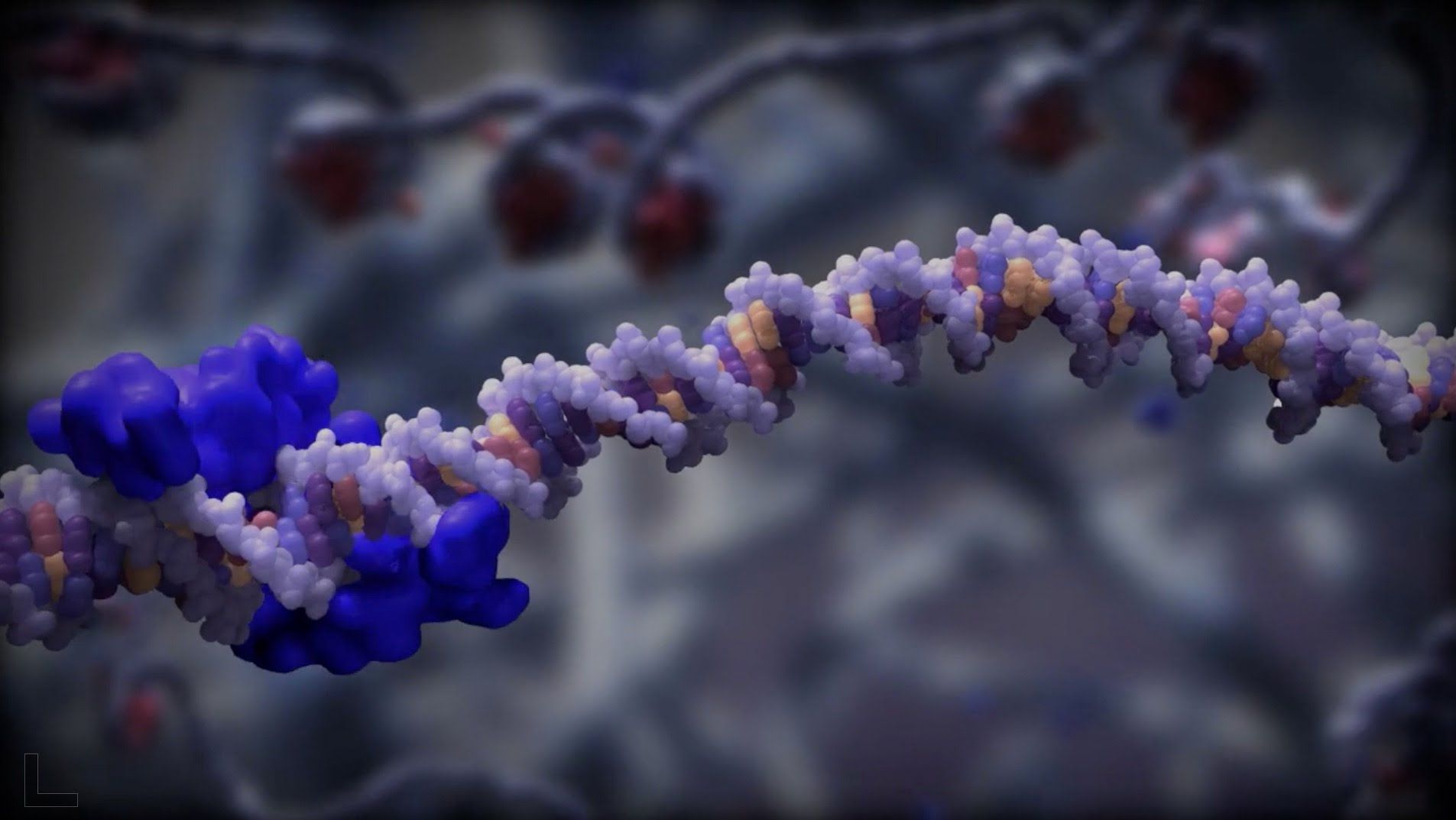Dec 15, 2016
Insight: Toro Rosso backer says F1 teams should pay more attention to cyber attacks // F1 News // James Allen on F1 – The official James Allen website on F1
Posted by Karen Hurst in categories: business, cybercrime/malcode, quantum physics
QC and Formula 1 another opportunity and believer.
In the latest of our occasional series of interviews with interesting players behind the scenes in Formula 1 we meet a Russian scientist, who is keeping the Toro Rosso safe from cyber attacks and who has big plans for using quantum computers to create new F1 materials.
Acronis is a data support and protection business that was founded in 2003. It reportedly has five million personal consumers and 500,000 businesses using its technology in over 145 countries and offers services such as cloud security, data back up and recovery support.
